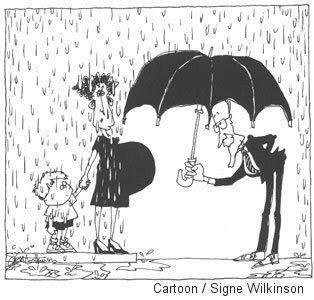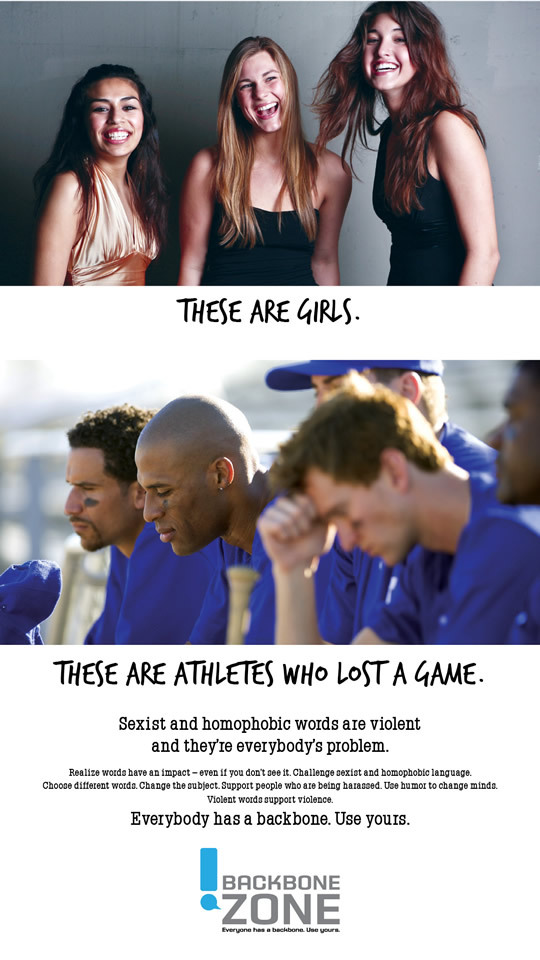That horrible image aside, it is also an issue of human rights. Through today's discussion and a couple other things I have become more aware how much the "pro-life" argument ignores the rights of the mother. Most of the arguments I hear from pro-lifers completely ignore the life and health of the mother. I can't even organize my thoughts, researching for this blog is making me so angry!
To talk briefly about the reading, I thought the point of the second, shorter, article was very valid. It is interesting that the same people who are against abortion are limiting access to contraception and limiting who can adopt. There are already a lot of children who need adopting and fostering. By making abortion illegal AND making it difficult/impossible for potential parents to adopt, these people are screwing over these children they are "saving" from "murder."
The first reading talks of Pregnancy Crisis Centers. In the Full Frontal Feminism book I've been reading, Valenti relates the story of a 17 year old girl who accidentally went to one of these centers, while looking for a Planned Parenthood nearby. They took down her information and "made her an appointment" at their "other office" - the actual Planned Parenthood. When she showed up for her appointment, which didn't actually exist, the police were there because of an anonymous tip that a minor was being forced to have and abortion. The people at this Center also stalked this girl, called her father, and encouraged her peers to harass her.
I would like to finish up with a political cartoon I saw a while ago that I was reminded of today, which I was able to find again thanks to the wonders of google:

Sums things up for me pretty nicely. And according to the comments on the cartoon, the man pictured is the first Bush president - who was president from '81-'89. How are we still having this argument?

